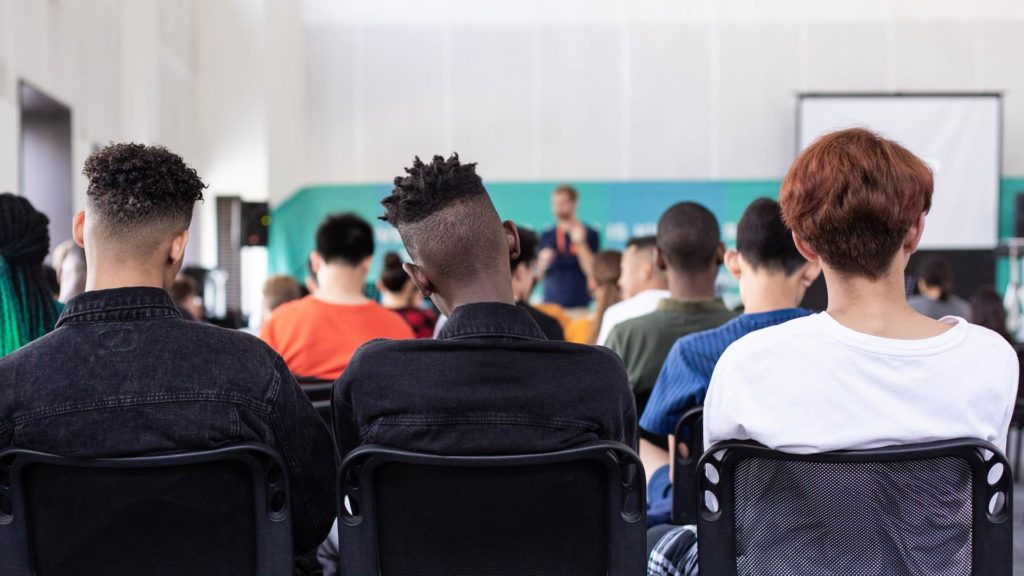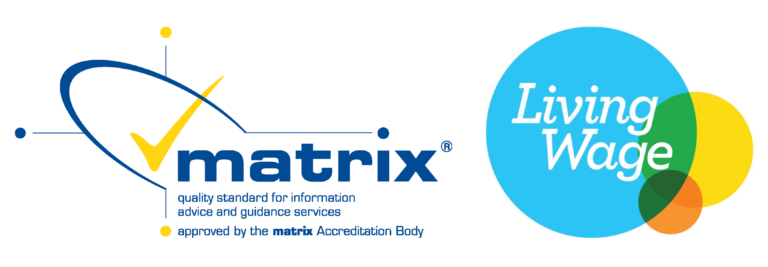A must-read for anyone hiring entry level staff or responsible for work experience placements within their organisation.
Susan Earnshaw is a Careers Development Professional at Form the Future and has been a qualified careers adviser for many years.
I wanted to share some thoughts on how young people seem to be coping in schools and colleges and how we can all help to make life easier for them.
The pandemic has had a big impact on many aspects of the lives of young people. Initially there was a long period when students were getting the hang of online learning – however, the effect of this has been quite polarised.
In my careers guidance work in schools and colleges I’ve come across students who really flourished during this period, gained in maturity and enjoyed being in control of some of their learning without disturbances from other class members. These students are going to be well-prepared for college life, knowing how to make the best use of their time and many will choose to go to university in the future because they can already see the benefits of that way of studying.
However, these experiences are not really those of the majority. Many students have struggled with working from home. In some less well-off households, families were limited by their technology – I came across one family who had one device between five children. Some students weren’t always sure what work was expected of them as not all lessons were happening live; students with learning difficulties or those used to getting help and reassurance in class from teachers and teaching assistants were floundering and unable to keep up. Some young people, particularly ones with little parental support, became disengaged and opted not to complete work or attend live lessons. I’ve met students who finished Year 11 in the summer of 2021 as well as some current Year 11s who have fallen very much behind with their schoolwork and are struggling to catch up. Some of these young people are now very anxious about their futures.
I’m not alone in having noticed a general increase in anxiety amongst teenagers. I’ve met several students who are suffering from social anxiety and who find it hard to meet new people, and this has been exacerbated by the various lockdowns. I regularly see students who have low self-esteem; I’ve run more than one group session in school where a student has had to leave the room in distress because they struggle with answering questions in front of their peers. This may seem quite extreme, but we need to remember that there are often other issues affecting their lives: perhaps they don’t have much support from their families or they have a parent with a mental health problem or who is experiencing unemployment.
As a careers adviser, I recognise that it can be very difficult to help young people who are struggling with mental health issues. It’s hard to make decisions about your future when you’re not feeling good about yourself. Nevertheless, some of these young people can be helped and supported; sometimes realising what their strengths are or having a plan for the next step can motivate them and make them see a different and better future for themselves. Much of my role can be about offering reassurance and making young people aware that there are always options open to them.
All young people, not just those with mental health issues, have things that they worry about. They worry about getting good grades in school; they worry that they won’t get a decent job; they worry that they’ll miss the boat or make the wrong decisions about their next step. This time of transition in their lives is daunting.
There are many ways in which employers can help young people of the ‘Pandemic Generation’. Just having an awareness that a young person might be doing the best they can under difficult circumstances can be very useful. Being able to offer work experience to students in school or college can also be a positive step that contributes to young people’s well-being. During the first major lockdown, work experience as we know it came to a halt. This was very detrimental to young people and I noticed that many students were finding it hard to make decisions about their next step. Teenagers are working out their strengths, weakness, likes and dislikes and ‘learning through doing’ is often the best way for them to move forward in their self-knowledge.
It always amazes me how some young people really grow in confidence and maturity through just one week of work experience. In the summer of 2021 there were many more work experience placements happening than the previous year and I noticed the difference in how this improved the ability of young people to make decisions about their next step. I saw a Year 11 student recently who really valued her 1-week of work experience in a beauty salon in the summer of Year 10. It had made her realise that she didn’t want a career as a beauty therapist but had a better idea of what she was looking for in a job. I’ve also met a young man who had wanted to train as a plumber but whose work experience in property maintenance, whilst enjoyable, had changed his mind about plumbing.
I’ve also noticed a recent increase in the number of students securing part-time work e.g. Saturday jobs, particularly in the hospitality and retail sectors, which desperately need their help. Whether they’re getting their experience of work through part-time paid work or through unpaid work experience, they grow in confidence, they get used to talking to adults they don’t know and they can suddenly articulate more about themselves and what they’re good at. Some of these part-time jobs eventually evolve into offers of apprenticeship training too.
The young people I see in schools are always a delight to talk to individually. Many of them worry a lot but they generally want to do well in school and progress eventually into interesting careers where they can make a real contribution. Some of them strongly believe that exam grades are the only thing that matters when trying to secure a decent job and it’s often difficult to get over to them that they have a lot of transferable skills that employers are looking for.
Having an understanding of what students have been through in the last two years, offering work experience opportunities and seeing the value of what young people can offer beyond a list of exam grades are all things that employers can do as a positive contribution to help this generation of young people.



